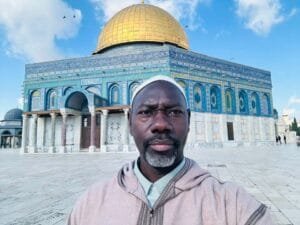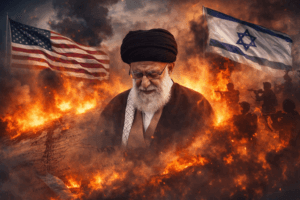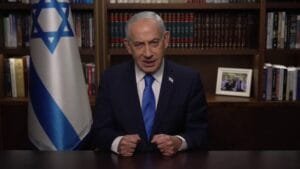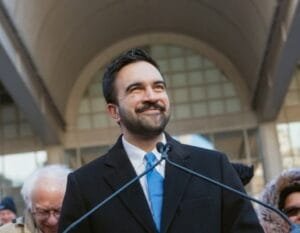South Korea’s top court reinstates PM after martial law controversy
South Korea’s Constitutional Court overturned the impeachment of Prime Minister Han Duck-soo on Monday, reinstating him in the latest turn of a political crisis that began with President Yoon Suk Yeol’s declaration of martial law late last year.
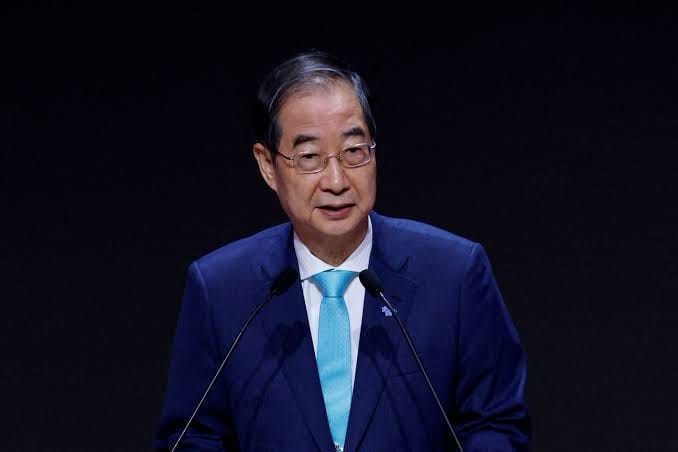
File Source: Google
South Korea’s Constitutional Court overturned the impeachment of Prime Minister Han Duck-soo on Monday, reinstating him in the latest turn of a political crisis that began with President Yoon Suk Yeol’s declaration of martial law late last year. The decision comes as the court weighs whether to uphold Yoon’s own impeachment, a case that could reshape the nation’s political landscape.

Yoon, who briefly suspended civilian legal processes and deployed troops in the capital, was impeached by lawmakers on December 14. Han stepped in as acting president but was himself suspended less than two weeks later when the Democratic Party filed an impeachment motion against him. The opposition accused Han of refusing to fill three vacant seats on the Constitutional Court, describing it as “an act violating the duty of protecting the Constitution and seriously undermining the rule of law.” They also held him responsible for helping plot martial law, attempting to co-run state affairs with the ruling party, and blocking a special investigation into First Lady Kim Keon-hee.
However, the Constitutional Court dismissed the case overwhelmingly, with only one of the eight judges voting to uphold the impeachment. The court stated there was no evidence that Han had attempted to “neutralize the constitution” by failing to appoint judges and ruled that his actions did not warrant removal. Han, a 75-year-old veteran politician, welcomed the decision, calling it “wise” as he addressed journalists after the ruling. His reinstatement means he will resume his role as acting president while Yoon’s fate remains uncertain.
The court has yet to decide whether Yoon should be permanently removed from office for his sudden imposition of martial law. In an unannounced television address, Yoon accused the opposition of “anti-state activities” and claimed it was sympathetic to North Korea. He justified the move by citing a Democratic Party-led motion to impeach top prosecutors and reject his government’s budget proposal. However, his declaration collapsed within hours as lawmakers forced their way past soldiers into parliament and unanimously struck down the decree.
During his own impeachment trial last month, Han denied any involvement in the martial law plot, insisting that he had tried “to dissuade” Yoon during a brief Cabinet meeting just before the president’s announcement. As political tensions continue to escalate, the Constitutional Court’s upcoming ruling on Yoon’s fate will determine the direction of South Korea’s leadership in the months ahead.










